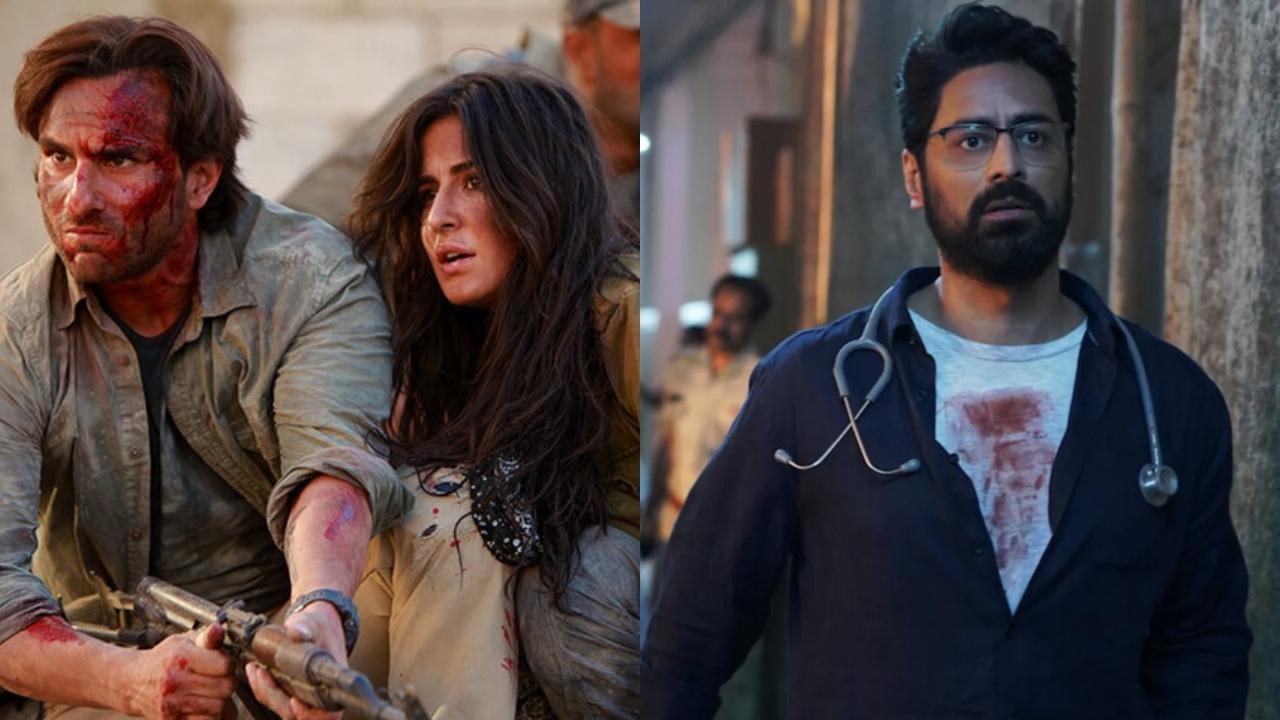
Ajmal Amir Kasab was the sole surviving terrorist captured during the horrific 2008 Mumbai attacks — also known as 26/11 — that left 166 people dead and over 300 injured. These coordinated attacks, orchestrated by the Pakistan-based terrorist group Lashkar-e-Taiba, targeted multiple high-profile locations in Mumbai, including the Taj Mahal Palace Hotel, Chhatrapati Shivaji Terminus, the Oberoi Trident, and the Jewish center Nariman House.
Kasab, a young man from Faridkot, Pakistan, was captured on camera with an AK-47 as he opened fire at civilians and police inside CST station — an image that became symbolic of the violence that shook India. His arrest, following a brief gunfight and the death of his fellow attacker Ismail Khan, gave India and the world their only direct link to the terror group’s operations and motives.
What made Kasab’s story chilling wasn't just his actions, but his transformation — from a petty thief in rural Pakistan to a brainwashed militant sent to commit mass murder. During his interrogation, he revealed that he had been radicalized and trained for months in terrorist camps, believing he was dying for a noble cause. He was told he would become a martyr. The brutal truth, however, was that he was just another expendable pawn.
In 2012, after a prolonged legal process and global attention, Kasab was hanged in India’s Yerwada Jail, bringing closure to some, but not all, of the families of the victims.
While there have been several films and docudramas inspired by 26/11 — including Phantom (2015), Hotel Mumbai (2018), and The Attacks of 26/11 (2013) — few have delved deeply into the post-trial aftermath and geopolitical impact of Kasab’s capture.
A hypothetical sequel or continuation titled “Kasab: Shadows of 26/11” could follow the Indian intelligence community, global anti-terror agencies, and the victims’ families as they deal with the psychological, political, and strategic consequences of the attacks. The film could explore:
-
The legal and ethical dilemma of holding and executing a terrorist while under global scrutiny.
-
India’s diplomatic standoff with Pakistan over cross-border terrorism.
-
The surveillance and counter-terror efforts that were reshaped post-2008.
-
The personal healing journeys of those who lost loved ones.
The story could blend courtroom drama, espionage thriller, and emotional narrative — showing that terrorism leaves scars long after the bullets stop flying.

Ajmal Kasab remains one of the most infamous figures in modern Indian history — not just for the brutality of his acts, but for what he represented: the face of radicalization, the cost of ignorance, and the chilling efficiency of indoctrination. His capture and execution may have ended one chapter, but the ripples of 26/11 are still felt across borders. A thoughtful retelling or sequel wouldn’t glorify the terrorist — it would illuminate the dark paths that lead people like him to do the unthinkable, and remind us of the lives shattered in a single night of horror.


